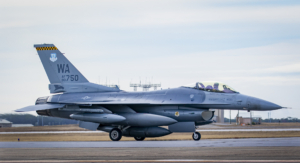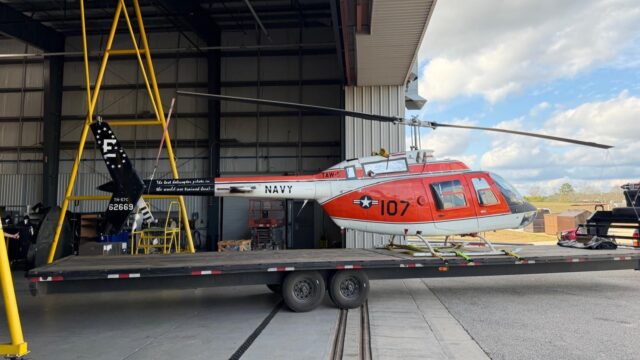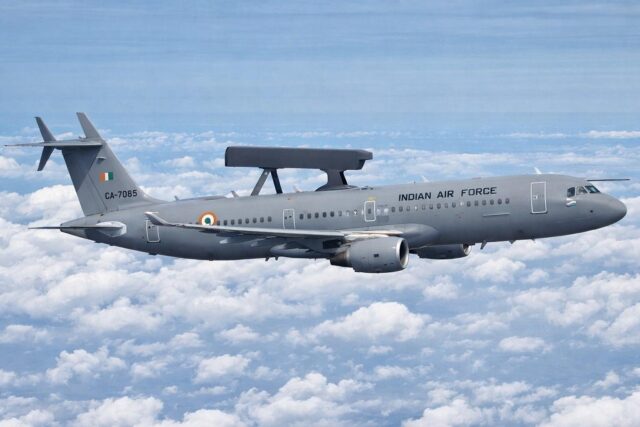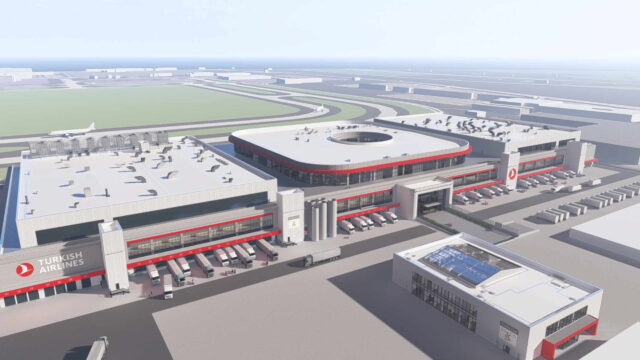DARPA awards Artificial Intelligence tactical autonomy contract to BAE Systems
September 12, 2024

The US Defense Advanced Research Projects Agency (DARPA) has awarded BAE Systems FAST Labs research and development organisation a US $4 million contract “to advance autonomous air combat” under Phase 1 of the Artificial Intelligence Reinforcements (AIR) programme.
Work on the AIR programme will take place in Arlington, Virginia and Burlington, Massachusetts, and will form part of BAE Systems’ autonomy portfolio.
The fast-paced, dynamically changing and upredictable environment that is inherent to air combat presents a significant challenge for autonomous aircraft, such as the Collaborative Combat Aircraft that may lie at the heart of the NGAD ‘system of systems’.
The DARPA Artificial Intelligence Reinforcements programme will therefore develop dominant tactical autonomy for multi-ship, beyond visual range (BVR) air combat missions. Autonomy solutions will initially be developed and demonstrated on manned F-16 testbeds before being transferred to an unmanned combat aerial vehicle (UCAV).
The F-16s will be the aircraft modified under the Viper Experimentation and Next-gen Operations Model – Autonomy Flying Testbed (VENOM-AFT) programme, as well as the X-62 VISTA aircraft.

The AIR programme will build and expand on the within-visual-range (WVR) autonomous capabilities developed and demonstrated under DARPA’s Air Combat Evolution (ACE) programme. This included running the first ‘Human vs AI’ dogfight conducted in real airspace in 2023. Under AIR, the use of AI will move into the BVR domain and (eventually) demonstrating capabilities on uncrewed aircraft.
The AIR programme is intended to produce a dominant AI air combat capability that will be compatible with existing sensors, electronic warfare, and weapons, and able to operate within dynamic and operationally representative environments. Like ACE before it, AIR will explore actively AI-supported operations by manned fighters as well as operations by AI-piloted unmanned platforms.
Under the AIR contract, BAE Systems will use machine learning (ML) to innovate simulated models of existing sensors, electronic warfare systems, and weapons. ML techniques will also capture the underlying physics of aerial manoeuvres and systems, and to build high fidelity models of operationally representative environments.
AIR will also develop the processes needed to rapidly design, test, and deliver future iterations of AIR software products, including advanced modelling and simulation approaches and dominant AI agents for live BVR missions. This will require a solution to the problems of achieving adequate data processing, decision-making and action within the same timeframe as can be achieved by traditional, human-piloted aircraft.
Michael Planer, scientist and principal investigator at BAE Systems’ FAST Labs points out that: “Generating reliable, consistent air combat performance requires a vast amount of data and rapid, robust testing cycles. Using machine learning, we will train the models used to make dynamic decisions – ensuring that the Artificial Intelligence (AI) pilot is tested and trusted by human pilots.”
















